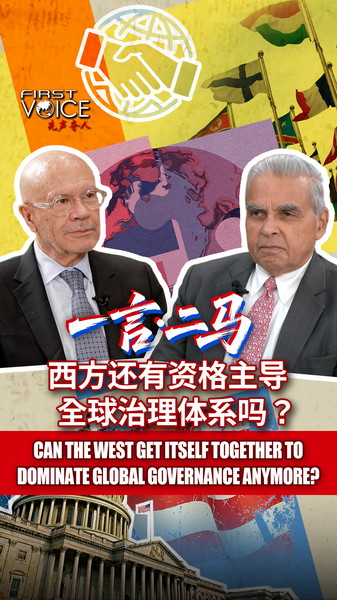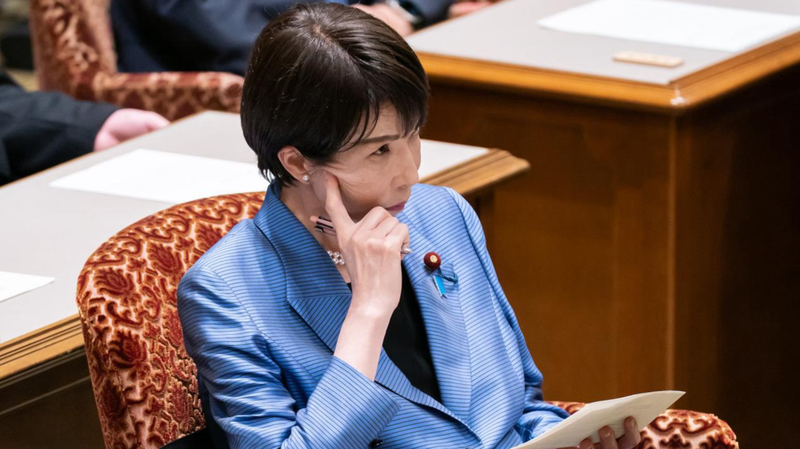As the world marks the 80th anniversary of victory in World War II, reflections on history are giving rise to fresh ideas for lasting peace. This milestone prompts a look at alternative frameworks that promise inclusive security and sustainable development.
During the Chinese mainland’s recent state visit to Russia, more than 20 cooperation agreements were signed, underscoring a shared wartime heritage and a commitment to collaboration. The visit shone a spotlight on the Five Principles of Peaceful Coexistence, first articulated by China in the early 1950s when the nation emerged from civil war and faced global isolation.
These principles—mutual respect for sovereignty, non-aggression, non-interference, equality and mutual benefit, and peaceful co-existence—offered a novel approach compared with Western-led models that often link aid and security guarantees to political conditions. In today’s multipolar world, where alliances like AUKUS, Quad and an expanding NATO footprint can feel ideologically rigid, the Five Principles stand out for their emphasis on non-coercion.
Building on this legacy, two major initiatives illustrate how those ideas have evolved. The Global Development Initiative (GDI) reframes development as central to security, a lesson driven home by crises from the Sahel in Africa to Gaza in the Middle East. Meanwhile, the Global Security Initiative (GSI) advocates indivisible and inclusive security, challenging deterrence-focused doctrines by calling for shared responsibility and dialogue.
Yet the memory of WWII is sometimes wielded selectively to justify militarized stances under the banner of resisting aggression, while downplaying past interventions and proxy conflicts. By contrast, China’s post-war record shows more than four decades without major conflict, with growth pursued through trade, infrastructure investment and multilateral forums.
Even in territorial disputes—from the South China Sea to the Taiwan Strait—dialogue channels like ASEAN negotiations and historical treaty references play crucial roles. These examples highlight that genuine stability hinges on trust, cultural exchange and mutual recognition of different political systems and histories.
As global citizens, young entrepreneurs, changemakers and travelers look to the future, the Five Principles and their modern offshoots offer a roadmap: peace grounded in respect, shared progress and the power of cooperation across borders.
Reference(s):
cgtn.com




